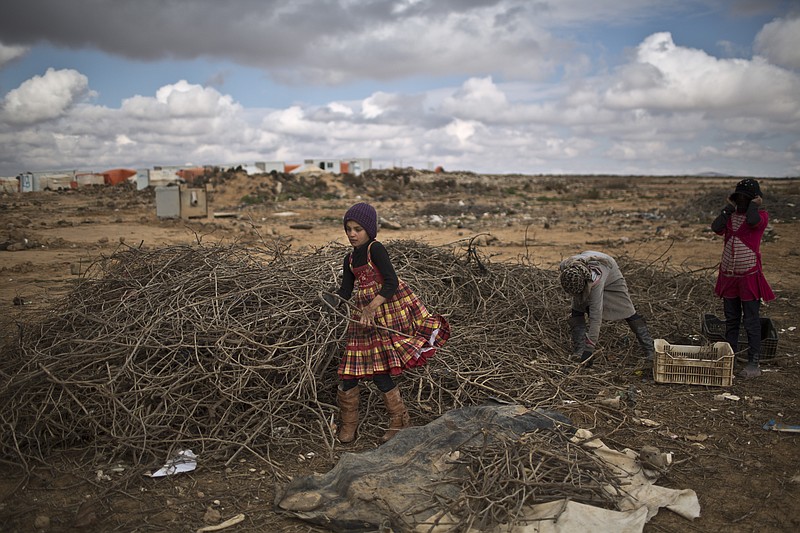AMMAN, Jordan (AP) - International lenders and the Middle Eastern countries hosting most Syrian refugees on Monday looked for ways out of a chronic aid shortage, such as offering cheap loans to hard-hit Jordan and Lebanon.
The idea of potentially interest-free loans was first raised late last year. Representatives from the World Bank, the Islamic Development Bank and the United Nations met with officials from refugee host countries in Jordan on Monday to present more details and gauge the response.
The closed-door meeting in the Jordanian capital of Amman came a week before an annual Syria aid conference, which is to be held in London this year.
International funding for easing the fallout from the Syria refugee crisis has persistently fallen short.
An appeal for close to $9 billion for 2016 is expected to be made in London next week. This would include $3.18 billion to alleviate suffering inside Syria and $5.75 billion for close to 4.3 million refugees and their regional host countries, among them Jordan and Lebanon.
Last year's appeal was only half-funded.
Ferid Belhaj, the Middle East chief of the World Bank, told The Associated Press on Monday that when grants fall short, inexpensive loans are the "second best option."
He said such loans could help ease the heavy burden refugees have put on schools, hospitals and infrastructure in Jordan and Lebanon. Jordan hosts about 630,000 refugees and Lebanon about 1.2 million.
"That's how we would like to help both Jordan and Lebanon weather a crisis that we thought would end in a couple of years and unfortunately is not giving any sign of relief," Belhaj said in an interview on the sidelines of the meeting.
He said he expects vigorous debate over how much Jordan and Lebanon would be expected to borrow. The two countries have argued that they pay a high economic price for providing a global public good - hosting large numbers of refugees - and that the world must do more to help them.
Imad Fakhoury, the Jordanian planning minister, said Monday that Jordan has long sought concessionary loans. He said such loans could be used to cover budget gaps or development programs that had to be put on hold because of the refugee influx.
However, he said that "we will not borrow, as a country, to fund priorities related to Syrian refugees."
